This article is a guest post on NoCamels and has been contributed by a third party. NoCamels assumes no responsibility for the content, including facts, visuals, and opinions presented by the author(s).
Jonathan ‘Yoni’ Frenkel heads Partnerships at Atento Capital. He is currently in Israel leading the effort to assist local companies with hiring highly skilled remote workers in Tulsa. There are no business relations between him (and the organization he works with), and the professionals featured in the article.
In Israel, we seek to solve tough problems and have a hard-nosed perspective on finding solutions to pressing challenges, many of which the UAE is already grappling with. These include areas where Israeli companies can add tremendous value.
While the allure of funding may be a positive consideration for the local ecosystem, a truly mutually beneficial relationship – a win-win – will involve progress made together on tackling challenges in the UAE.
SEE ALSO: Israel’s Maniv Mobility Leads Investment In UAE Scooter Startup Fenix
What can entrepreneurs in Israel do right now to produce tangible business results between the Startup Nation and the UAE?
Here are five areas where Israel’s experience and innovative solutions could shine.
Food supply chain
The Gulf is a microcosm of the major ecological changes experienced on a global scale. One area particularly impacted by COVID-19 is the food supply chain. A majority of the food – 90% – brought to the UAE is imported, according to a 2019 Global Agricultural Information Network (GAIN) report by USAID.
The reliance on an uncertain supply chain for something as necessary as food makes the UAE vulnerable to disruptive global events – such as pandemics. The UAE was already seeking to parlay agritech to grow its own sustainable agriculture; the impact of the pandemic could be a wake-up call for what may occur in the next few years.
Water tech
Water has always been a challenge in the Middle East, and regional stability rests on the fact that water is flowing to growing populations in the region. With ecological erosion and temperatures increasing, our region may become uninhabitable in just a few decades.
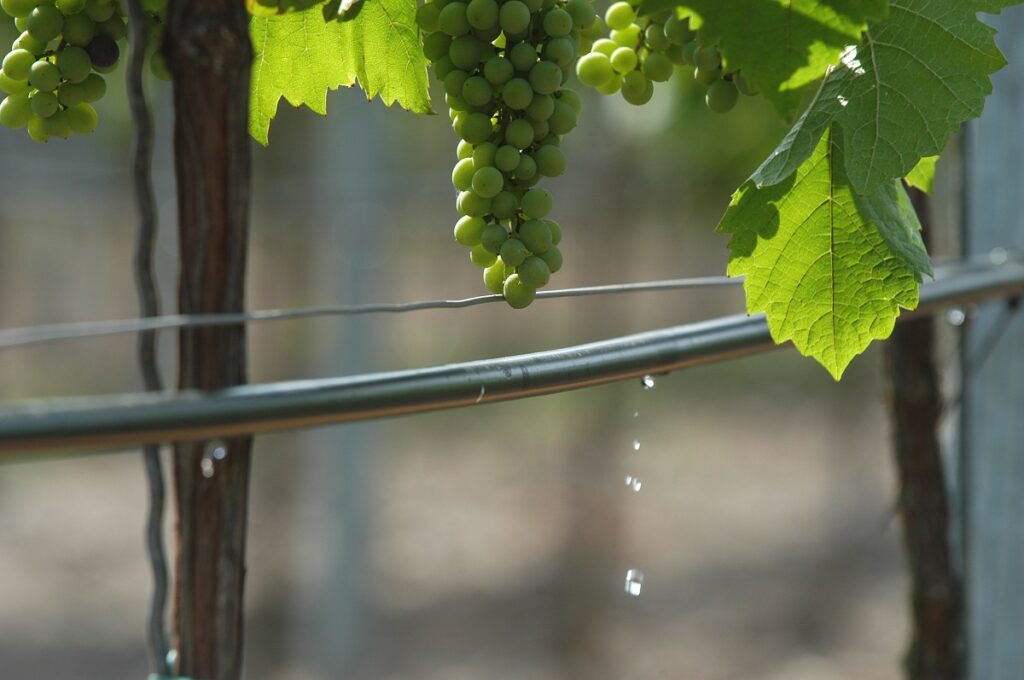
Water consumption is already high in the Gulf with a national average consumption rate of 550 liters per day in the UAE (compared to 170-300 liters per day per capita internationally. That is 82 percent higher than the world average. . As a result of that consumption – due to climate, population and income – finding ways to keep the water flowing are vital.
Alternative energy sources
Another result of COVID-19 has been the low price of oil due to lack of demand (Zoom is worth more today than ExxonMobil). The writing has been on the wall for some time – the world is embracing the adoption of alternative energy sources. The UAE has made this a priority “to generate half of its energy mix from clean and renewable energy, including nuclear power, by 2050 and is undertaking various projects to reach its goal.”
Harnessing effective alternative sources of energy are the right way forward.
Sign up for our free weekly newsletter
SubscribeDubai-based Ritesh Tilani, founding partner of Enhance Ventures believes that “the UAE can invest in the Israeli tech ecosystem to diversify the economy away from oil, which has already been stated as a goal.”
A Startup Region – the transfer of knowledge
The UAE as a business hub is home to many large corporates, all of whom understand the need to innovate. Traditionally it’s been companies from the US and Europe who have sought Israeli innovation, oftentimes as a result of the fear of being made redundant by technological disruption catalyzed by startups.
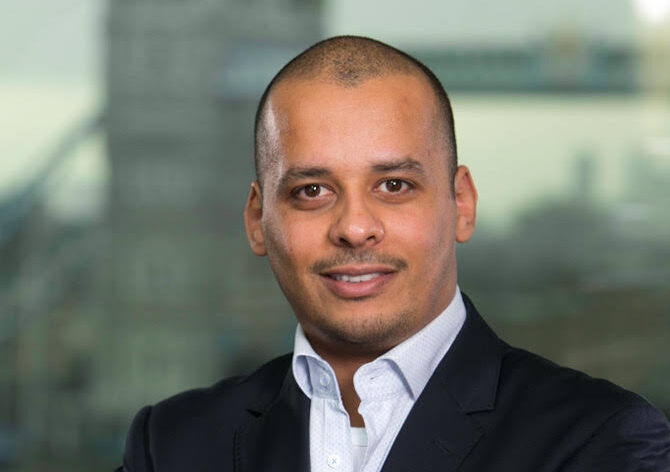
In addition, there is the opportunity for Israeli tech to work with local UAE corporates in building an infrastructure that supports startups, which is a key area for growing a tech ecosystem.
Omar Hassan, managing partner of the MTF – MENA Technology Fund says that “one of the biggest opportunities are in the transfer of know-how within innovation, spreading the Israeli high-tech potential and mentality and collaborating to create a Startup Region through bringing entrepreneurs together to co-develop new tech and innovation.”
Corporate ventures
Hassan says another area in which the UAE is seeing growth is in corporate venture and startup incubation/acceleration. “The MENA region is starting to focus on this and Israel has some of the best examples to learn from and partner,” he explains.
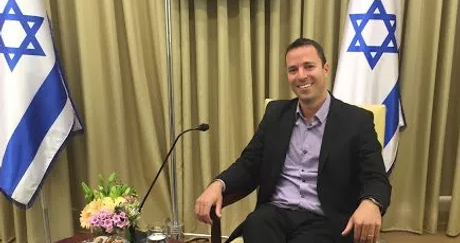
The big question for many in Israel’s tech ecosystem is how to access investments in the UAE; while the region does offer an abundance of resources, business moves at a different pace.
“I believe that the way Israeli companies can engage with their UAE counterparts is to build long term partnerships,” says Gilad Carni, founder of the UAE-Israel Innovation Office.
“The Emiratis are big believers in relationships and are there for the long haul. They are less interested in a one-time deal but rather in building and nurturing relationships that will last. It is not only important to build business relationships but also personal ones,” says Carni.
SEE ALSO: Israeli Entrepreneurs Court UAE Investors, Tech Collaborations In Virtual Summits
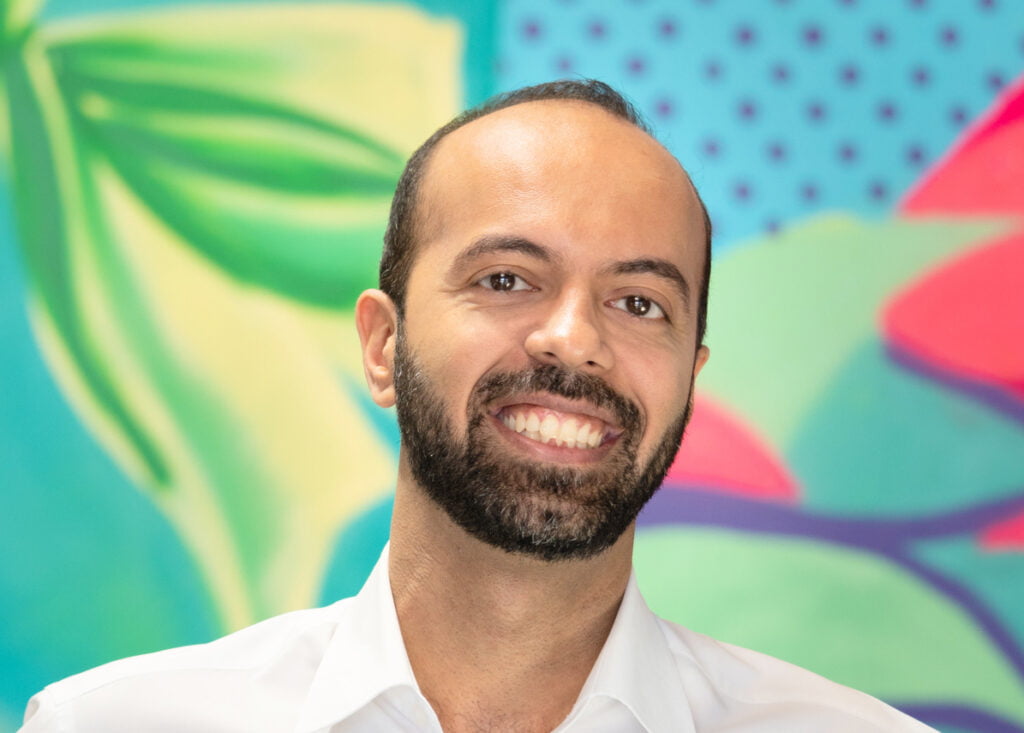
“Doing business in the Gulf requires [a] focus on developing relations. This requires frequent visits at the very least, if not a physical presence on the ground in the UAE. Trust goes a long way in doing business here, and that takes time and frequent interaction to build,” Tilani adds.
Israel has much to offer in these five areas, and there are multiple ways for Israeli entrepreneurs, startups, and companies to engage with the UAE, including government bodies, non-profit organizations and new groups that have sprung up as a result of the Israeli-UAE normalization agreement signed this summer.
If Israelis can put in the time and effort into building strong personal relationships, they can find success in the region – one conversation at a time.
Related posts

Editors’ & Readers’ Choice: 10 Favorite NoCamels Articles

Forward Facing: What Does The Future Hold For Israeli High-Tech?

Impact Innovation: Israeli Startups That Could Shape Our Future


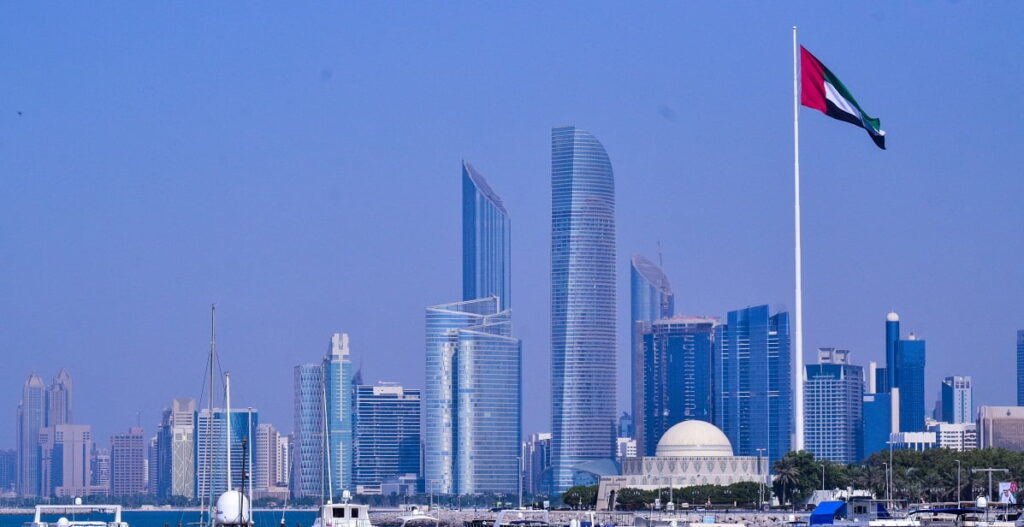

Facebook comments